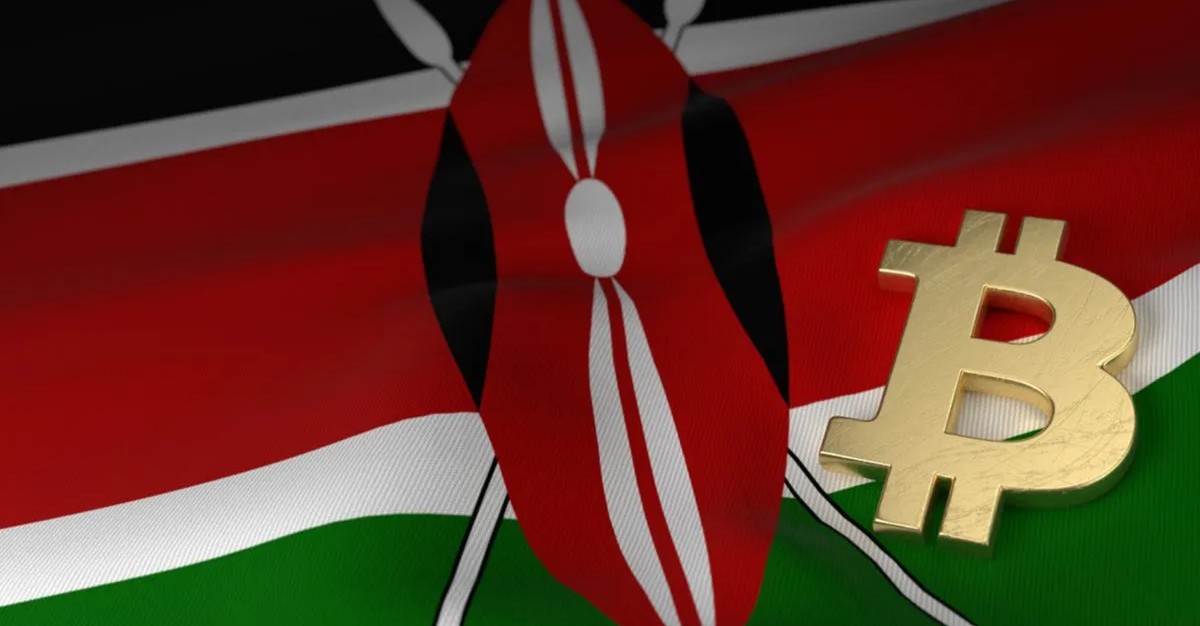
Amidst escalating concerns surrounding consumer protection and the need to curb financial crimes, the International Monetary Fund (IMF) has made a significant recommendation to Kenya. The IMF suggests that the country should establish a comprehensive regulatory framework specifically tailored for its burgeoning cryptocurrency market. This guidance emerges from pressing issues related to anti-money laundering (AML) and combating the financing of terrorism (CFT). The IMF’s proposal underscores the urgent necessity for Kenya to modernize its legal infrastructure, addressing the evolving dynamics of the crypto sector.
IMF Urges Kenya to Update Crypto Regulations
In a detailed technical assistance report released on January 8, the IMF critically evaluated Kenya’s existing regulatory framework. These regulations, which are rooted in traditional financial paradigms, fall short of meeting the demands of the contemporary crypto landscape. The outdated legal provisions have inadvertently created loopholes, leading to a proliferation of crypto-related scams and illicit activities. During a pivotal meeting in Nairobi, it was evident that Kenyan legislative bodies were grappling with uncertainty about how to effectively govern crypto assets, resulting in significant delays in policy formulation.
To navigate these complexities, the IMF strongly recommends that Kenya align its regulatory practices with recognized international standards. The envisioned framework should not only cater to consumer protection and financial stability but also foster growth and innovation within the crypto market.
Key Recommendations from the IMF
The IMF has outlined a strategic roadmap for Kenya, consisting of short, medium, and long-term action plans to enhance its cryptocurrency regulations. In the short term, the IMF advises a thorough analysis of the existing crypto market, urging Kenya to initiate collaborations with other regulatory entities. A critical step involves determining which specific crypto activities will fall under regulatory scrutiny.
Looking towards the medium and long-term, the IMF emphasizes the importance of establishing clear legal and licensing frameworks. It is imperative for Kenya to bolster its supervisory capabilities and ensure its regulatory measures are in harmony with global standards. Furthermore, the IMF advocates for a precise definition of crypto assets within Kenya’s financial legislation to mitigate any potential confusion or inconsistencies.
Strengthening Cross-Border Cooperation
The IMF also highlights the necessity for Kenya to develop distinct legal definitions for various crypto assets, thereby ensuring uniformity in financial laws and reducing ambiguities between terms like ‘digital currency’ and ‘virtual asset.’ Additionally, the IMF emphasizes the importance of international cooperation to effectively manage the risks associated with foreign crypto exchanges operating within Kenya’s borders. Such collaboration is essential to achieving a holistic approach to regulation and enforcement.
In conclusion, the IMF’s recommendations serve as a crucial guide for Kenya as it navigates the challenges and opportunities within the cryptocurrency domain. By adopting a well-defined regulatory framework, Kenya can safeguard its financial system while promoting innovation and growth in its crypto market.






